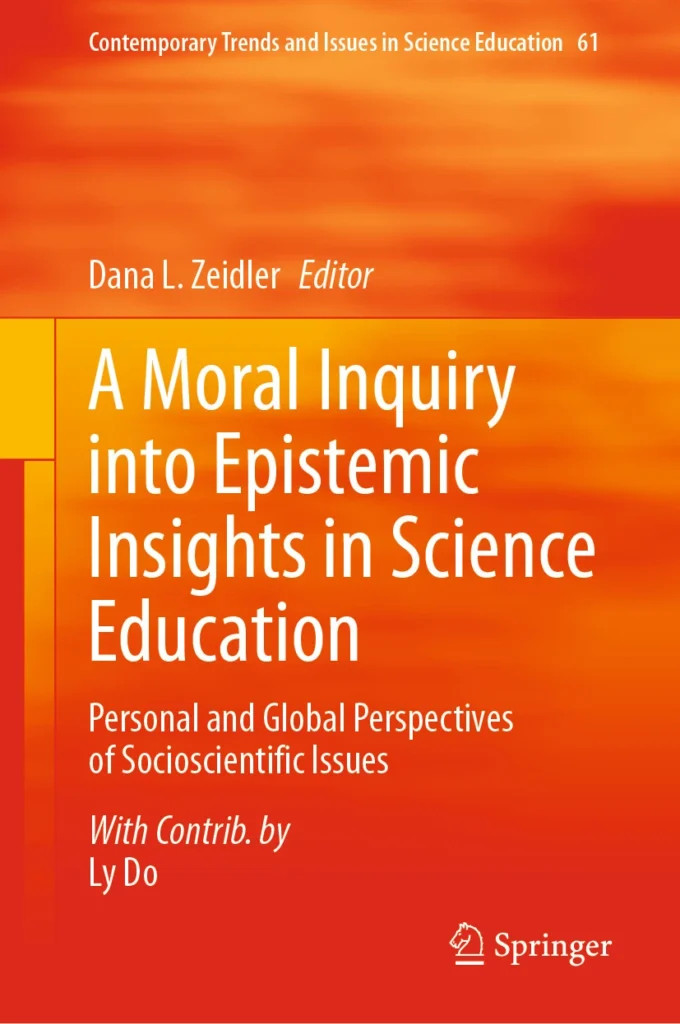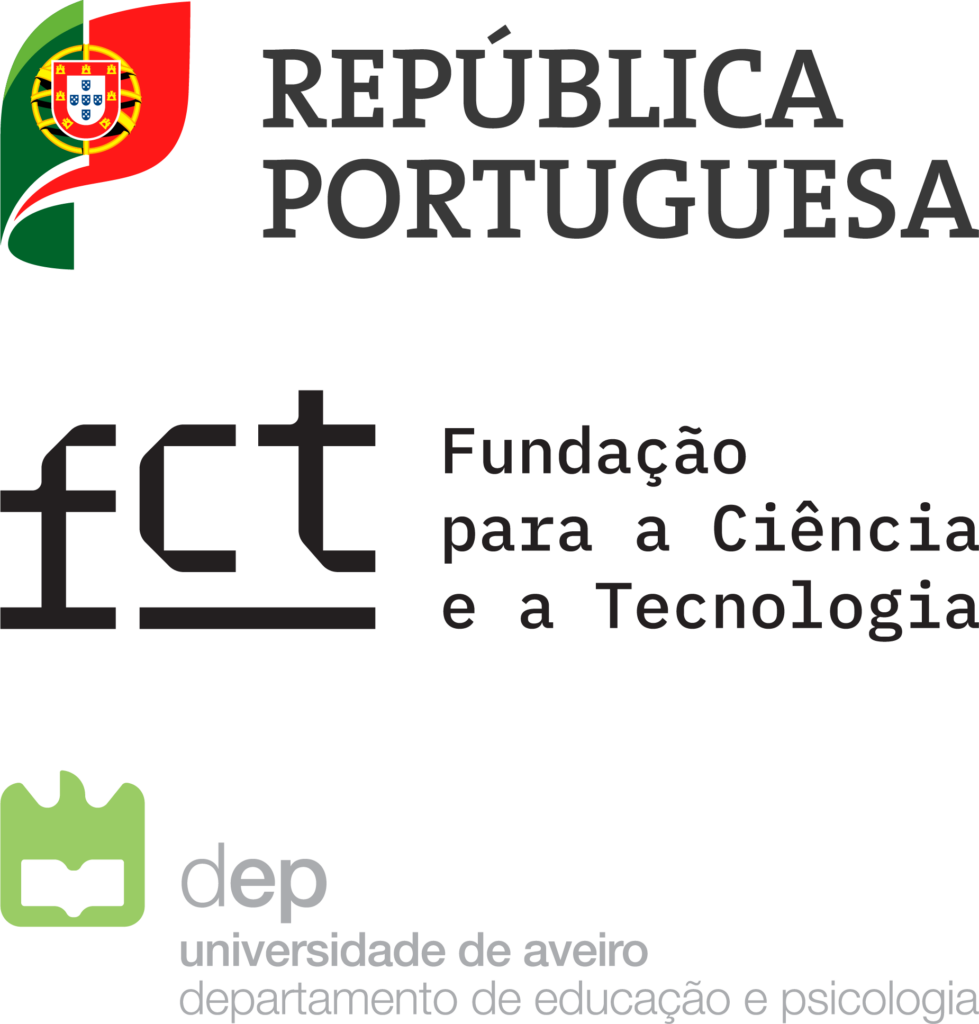Patrícia Pessoa (CIDTFF), Maria João Fonseca, Bruno Sousa, António Pedro Costa (CIDTFF) & Xana Sá-Pinto (CIDTFF) | In D.L. Zeidler (ed.), A Moral Inquiry into Epistemic Insights in Science Education
Abstract:
The Socioscientific Issues (SSI) approach represents an amazing opportunity for students to develop scientific literacy, including socioscientific and moral reasoning, understand the nature of science, and develop scientific skills and competencies to tackle sustainability challenges. However, more is needed about how Portuguese teachers and researchers approach SSI. We performed a scoping review using ‘Socioscientific Issues’ and ‘Portugal’ as keywords to overcome this knowledge gap. The Web of Science, Scopus, and B-on search recovered 82 publications, from which 30 met the inclusion criteria for further analysis. These studies were categorized into journal publications (empirical and non-empirical), conference proceedings, and literature reviews and analyzed to identify: (i) research questions; (ii) targeted grade levels; (iii) SSI addressed; and (iv) main outcomes. Our results show that research on SSI in Portugal is still very incipient and centred on a few authors and institutions, but is growing and diversifying. The research questions follow international patterns but strongly emphasise social activism. The research mostly focuses on older students (7th grade onwards), addressing SSI related to health, environment, technology, and occasionally exobiology and social conflicts and biases. Further research is needed on: (i) approaching SSI in K6 and the general public; (ii) SSI application in classes and teacher perceptions; (iii) existing SSI teacher training; (iv) the impact of training on teachers’ perceptions and practices; and (v) effective practices in teacher professional development.
– – – – –
Referência:
Pessoa, P., Fonseca, M.J., Sousa, B., Costa, A.P., Sá-Pinto, X. (2024). Approaches to Socioscientific Issues in Portugal: A Scoping Literature Review. In D.L. Zeidler (ed.), A Moral Inquiry into Epistemic Insights in Science Education (Contemporary Trends and Issues in Science Education, 61, pp. 215-244). Springer. https://doi.org/10.1007/978-3-031-63382-9_13





